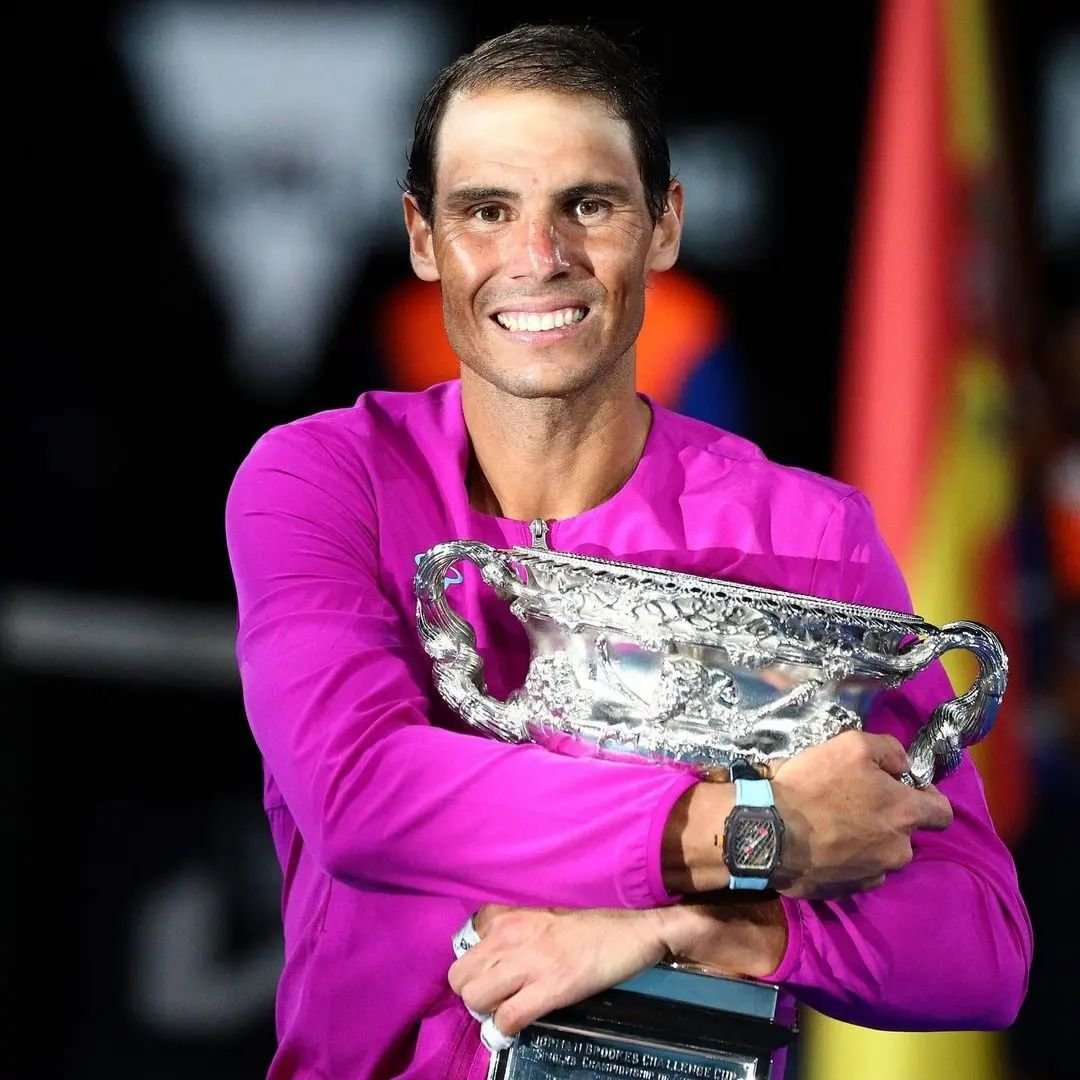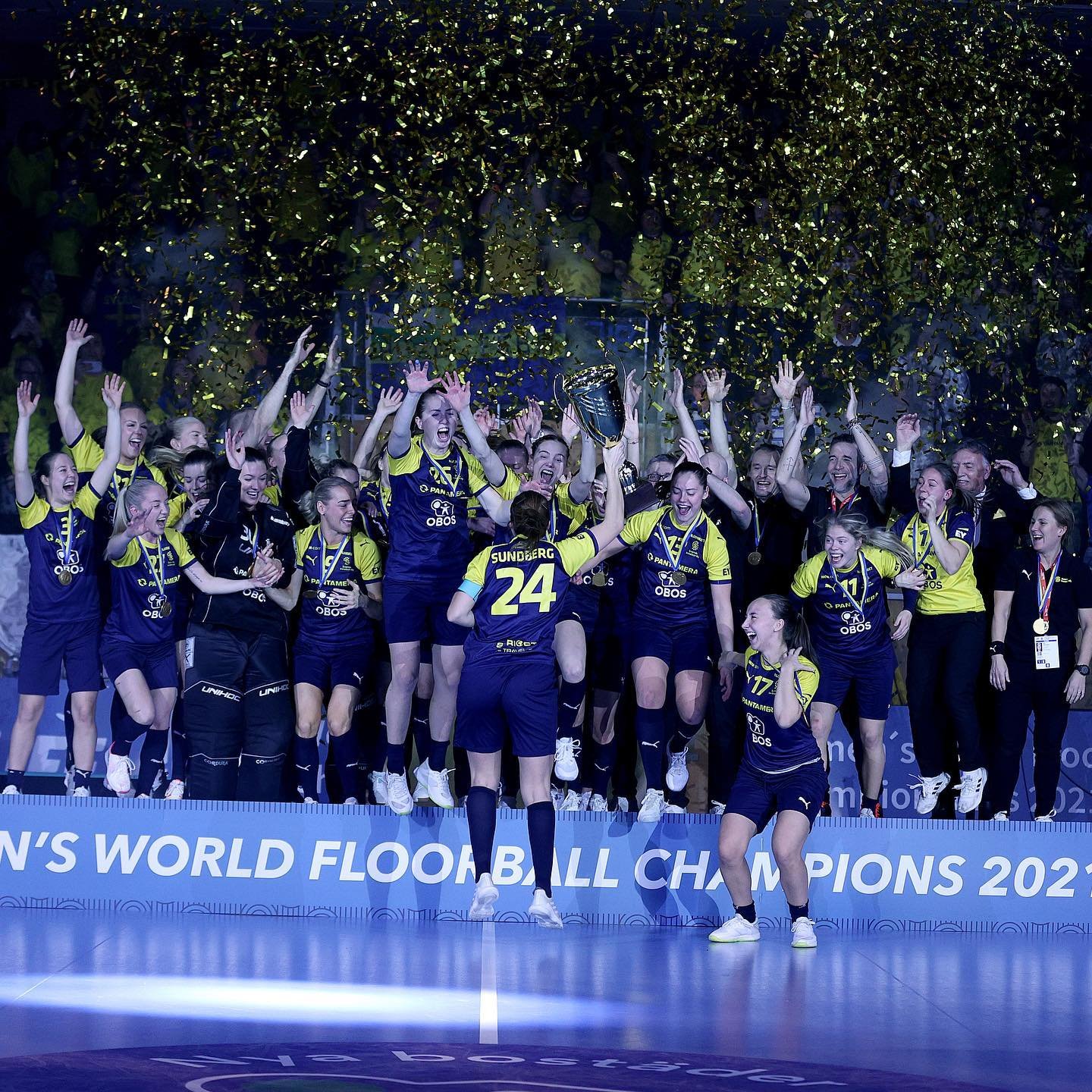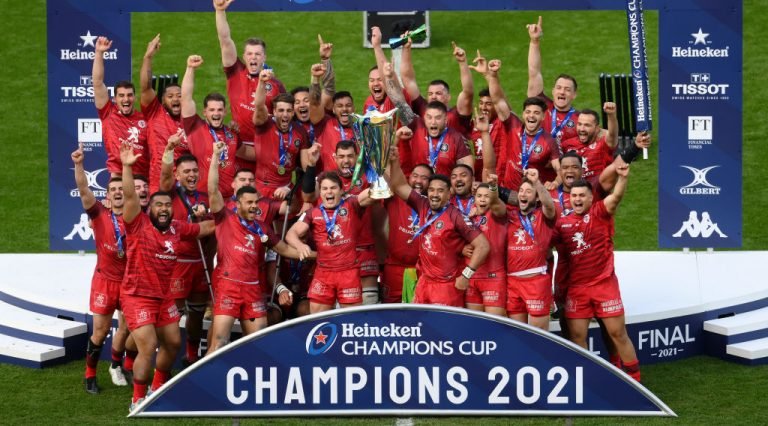Sport and politics are undeniably linked together as cultural phenomena. While sport might have started as a form of leisure, it has historically been part of political conflicts, ranging from the Olympic truce in Ancient Greece to the legend of wars being ended with Mesoamerican ballgames in times of the Mayan Empire.
Sport is used as a tool for propaganda, as we previously mentioned in March when we argued that the Russian Paralympic sportspeople should have been excluded from Beijing 2022. Russia, in particular, utilizes it.
The counter-arguments against suspending Russian sportspeople from international events were twofold: firstly, the fact that their nationality is Russian does not mean they are guilty of the conflict, and also that they can become a force for good if they advocated against the war.
Indeed, there have been some Russians that have made gestures against the war but none has been very outspoken. Perhaps it is understandable due to the fact that they could face backlash in their home country -which has curtailed freedom of speech- and in the end it is not their obligation. They are there to play.
Unfortunately, some Russian competitors have themselves shown why the advocates for suspending them are right.
While there has not been much advocacy against the war, we have already seen a gymnast, Ivan Kuliak, donning the “Z” (that represents support for the current Russian military aggression) on a podium -where he lost to a Ukrainian gymnast.
Last Sunday, we saw a kart racer, Artem Severiukhin, that racing under an Italian license in order to circumvent the suspension against Russian license-holders, gave a Nazi salute last weekend while the Italian anthem was playing at the European Championship.
We can further talk about the case of Sergey Karjakin, a world-class Chess player that has explicitly supported and mocked the invasion. He was duly suspended by FIDE, or Evgeny Rylov, an Olympic Champion swimmer that lost sponsorship after appearing in a Putin rally, and two sports federations that have supported the Russian actions.
Also attending said pro-war rally were Cross-Country Champion Alexander Bolshunov -who was not seen wearing the “Z”-, Rhythmic Gymnasts Dina and Arina Averina, figure skaters Nikita Katsalapov and Victoria Sinitsina, Evgenia Tarasova and Vladimir Morozov, and artistic gymnast, Viktoriia Listunova.
A feeling of patriotism is not intrinsically wrong. In the end, in modern sport, often competitions are among nation-states, and sport has been a force for good to unite divided countries.
It can also become a platform to support and justify atrocious actions. Sport in its pure essence is about playing, it’s the aesthetics of the sixth sense, movement. That is a fair argument against suspending competitors from a given nationality. But when they themselves are using sport as a political platform to promote war, their actions become an auto-sabotage and justify the calls for their ban.





